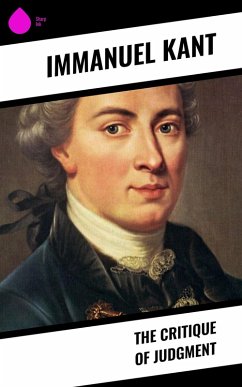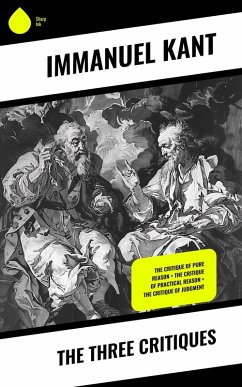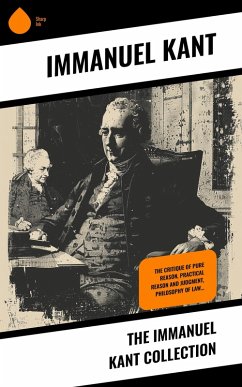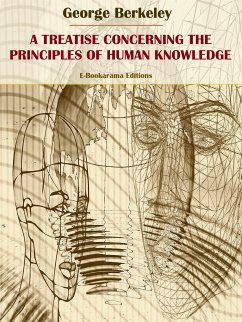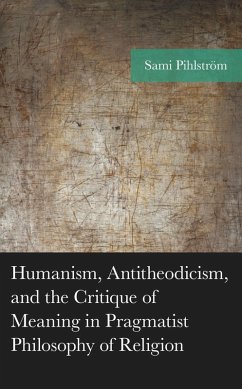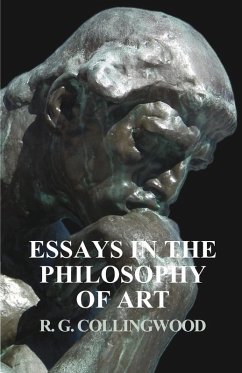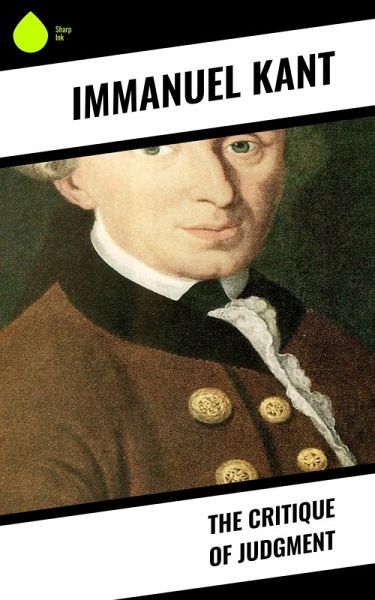
The Critique of Judgment (eBook, ePUB)

PAYBACK Punkte
1 °P sammeln!
In "The Critique of Judgment," Immanuel Kant delves into the realms of aesthetics and teleology, presenting a profound inquiry into the nature of beauty and moral purpose. The text is divided into two main sections: the Critique of Aesthetic Judgment, which explores the principles of taste and the universality of aesthetic experiences, and the Critique of Teleological Judgment, which examines the purpose in nature and the overarching connection between humanity and the cosmos. Employing a systematic and analytic style, Kant navigates the complexities of human perception, positing his ideas wit...
In "The Critique of Judgment," Immanuel Kant delves into the realms of aesthetics and teleology, presenting a profound inquiry into the nature of beauty and moral purpose. The text is divided into two main sections: the Critique of Aesthetic Judgment, which explores the principles of taste and the universality of aesthetic experiences, and the Critique of Teleological Judgment, which examines the purpose in nature and the overarching connection between humanity and the cosmos. Employing a systematic and analytic style, Kant navigates the complexities of human perception, positing his ideas within the broader context of Enlightenment thought, where reason is championed yet informed by sensory experience. Kant, a pivotal figure in Western philosophy, was shaped by the intellectual currents of his time, particularly the emphasis on reason and empirical evidence. His reflections in this work are influenced by both his earlier writings and the prevailing philosophies of his contemporaries, along with his own experiences as a scholar in Germany. The conditions of early modernity-the scientific revolution and the shift towards human-centered thinking-are evident in his exploration of the aesthetic judgment as a bridge between the empirical and the ideal. This seminal text is essential for readers seeking to understand the foundations of modern philosophy, particularly in aesthetics and environmental ethics. Kant's meticulous examination not only offers valuable insights into the nature of beauty and purpose but also encourages a critical engagement with the moral dimensions of aesthetic experience. "The Critique of Judgment" is a must-read for philosophy enthusiasts, art critics, and anyone interested in the intricate relationship between perception and reason.
Dieser Download kann aus rechtlichen Gründen nur mit Rechnungsadresse in A, B, BG, CY, CZ, D, DK, EW, E, FIN, F, GR, HR, H, IRL, I, LT, L, LR, M, NL, PL, P, R, S, SLO, SK ausgeliefert werden.




